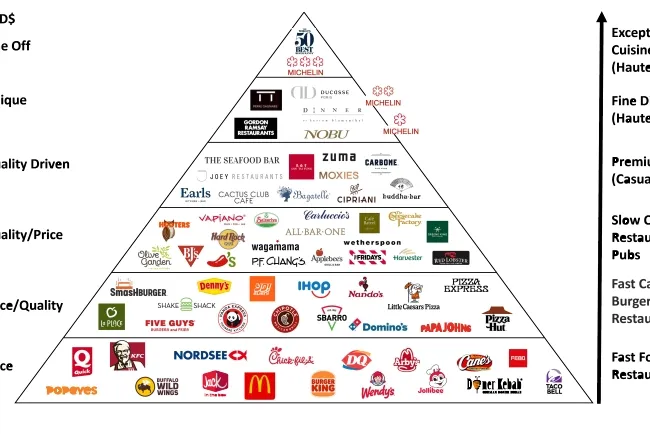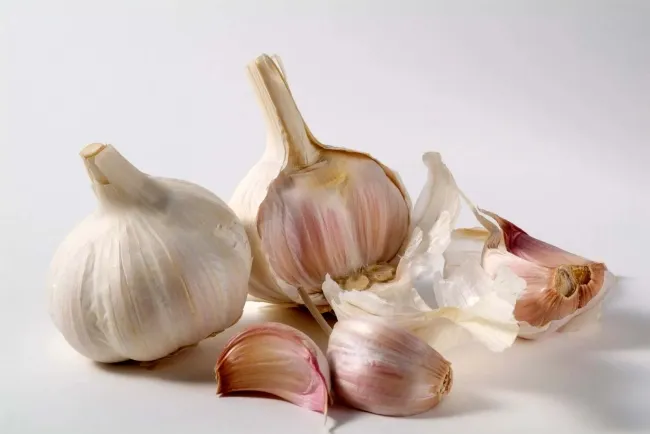Lemons: The Versatile Citrus Marvel...!!!
Lemons are a beloved and adaptable citrus fruit, distinguished by their bright yellow hue, tangy taste, and invigorating aroma. These vibrant fruits are not only culinary favorites but also offer a multitude of health benefits and applications beyond the kitchen.

Historical Background of Lemons
Lemons have a storied history that spans thousands of years. Their origins are believed to lie in northeastern India, northern Burma, and China. Lemons were introduced to the Mediterranean region around the first century AD and later brought to Europe by the Arabs during the Middle Ages. By the 15th century, lemons were well-established in Europe and were introduced to the Americas by Christopher Columbus on his voyages.
In the 18th century, lemons gained prominence as a remedy for scurvy—a disease caused by vitamin C deficiency—among sailors and explorers. Lemons became an essential component of maritime travel, and their health benefits were widely acknowledged.
Varieties of Lemons
Several lemon varieties exist, each with distinct characteristics. Some of the most common types include:
-
Eureka Lemon: The most common lemon variety found in grocery stores, Eureka lemons have a bright yellow color, thick skin, and tart flavor. They are typically seedless or have very few seeds.
-
Lisbon Lemon: Similar to Eureka lemons, Lisbon lemons have a thin, smooth skin and a tangy taste. They are commonly found in supermarkets and are ideal for cooking and baking.
-
Meyer Lemon: A hybrid between a lemon and a mandarin orange, Meyer lemons have a sweeter and less acidic flavor compared to regular lemons. They are known for their thin, fragrant skin and are often used in desserts and beverages.
-
Ponderosa Lemon: Larger than regular lemons, Ponderosa lemons have a thick, bumpy skin and a taste similar to Eureka lemons. They are often used for ornamental purposes due to their large size.
Nutritional Advantages
Lemons are packed with essential nutrients that offer a wide array of health benefits. Key nutritional components of lemons include:
-
Vitamin C: Lemons are an excellent source of vitamin C, an antioxidant that supports the immune system, promotes healthy skin, and aids in iron absorption.
-
Fiber: Lemons contain dietary fiber, which supports digestive health and helps regulate blood sugar levels.
-
Potassium: Lemons are a good source of potassium, important for maintaining healthy blood pressure and supporting heart health.
-
Flavonoids: Lemons contain flavonoids with anti-inflammatory and antioxidant properties that help protect against chronic diseases.
-
Low in Calories: Lemons are low in calories, making them a healthy addition to any diet.

Culinary Uses
Lemons are a staple in kitchens worldwide due to their versatility and flavor-enhancing properties. Common culinary uses include:
-
Beverages: Lemon juice is a key ingredient in beverages like lemonade, cocktails, and infused water. Lemon zest is also used to add a burst of flavor to drinks.
-
Cooking and Baking: Lemons are used in both savory and sweet dishes. Lemon juice and zest are added to marinades, sauces, dressings, and desserts to enhance their flavor. Lemon is also used to tenderize meat and add a refreshing twist to baked goods.
-
Preservation: Lemon juice acts as a natural preservative due to its acidic properties. It helps prevent the browning of fruits and vegetables and is used in canning and preserving foods.
-
Condiments: Lemons are used to make condiments like lemon curd, lemon marmalade, and preserved lemons. These add a tangy and zesty flavor to dishes.
Other Applications
Beyond culinary uses, lemons have a variety of other applications, including:
-
Cleaning: Lemons have natural antibacterial and antiseptic properties, making them effective cleaning agents. Lemon juice can be used to clean surfaces, remove stains, and deodorize.
-
Beauty and Skincare: Lemon juice is used in many beauty and skincare products for its astringent and brightening properties. It is often included in facial masks, scrubs, and hair treatments.
-
Aromatherapy: The refreshing scent of lemons is used in aromatherapy to promote relaxation and reduce stress. Lemon essential oil is commonly used in diffusers and massage oils.
-
Insect Repellent: Lemons can serve as a natural insect repellent. Lemon juice or lemon oil can be applied to the skin or used in sprays to keep insects at bay.
Lemons are vibrant and versatile fruits with a rich history and myriad applications. From their essential role in culinary arts to their health benefits and various non-culinary uses, lemons remain a valuable and cherished fruit worldwide. Whether you're savoring a refreshing glass of lemonade, enhancing a dish with lemon juice, or utilizing its cleaning and skincare properties, lemons are truly a powerhouse of nature.
What's Your Reaction?

















